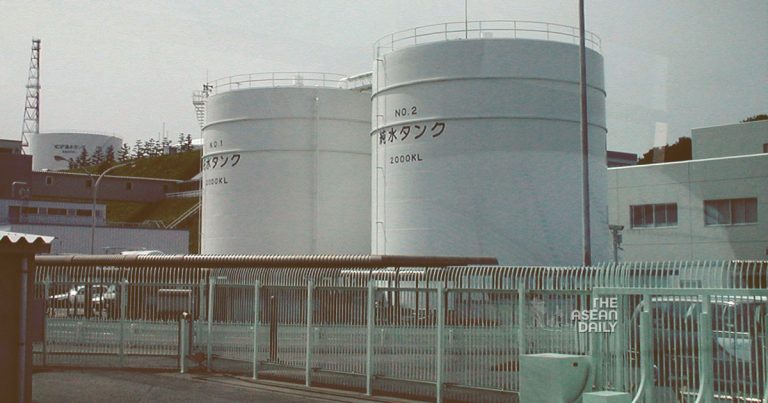28-8-2023 (TOKYO) Japan reported on Monday (Aug 28) that it had received numerous “highly regrettable” harassing phone calls, believed to be from China, following the release of treated radioactive water from the Fukushima nuclear power plant into the Pacific Ocean.
The Chinese embassy in Tokyo also disclosed that it had been receiving nuisance calls from Japan.
Japan initiated the discharge of water on Thursday, marking a crucial step towards the decommissioning of the Fukushima plant. This plant had experienced triple meltdowns following a devastating tsunami in 2011, making it the most severe nuclear plant disaster since Chernobyl 25 years earlier.
Chief Cabinet Secretary Hirokazu Matsuno, the chief government spokesperson, expressed concern about the situation, stating, “A significant number of harassing phone calls, believed to originate from China, are taking place in Japan… These developments are highly regrettable.”
These calls prompted Masataka Okano, Japan’s vice foreign minister, to summon the Chinese ambassador, as announced by Japan’s foreign ministry.
When questioned about the harassment allegations during a regular briefing on Monday, a spokesman for China’s foreign ministry stated that they were not aware of the matter. However, the Chinese embassy in Tokyo released a statement stating that they had raised strong concerns with Japan regarding “a large number of nuisance calls from Japan” received by the Chinese embassy and consulates in Japan.
Ambassador Wu Jianghao stated that these calls had caused “serious interference in the normal operation of the embassy and consulates,” according to the embassy’s statement.
Japan’s foreign ministry issued a statement asserting that the harassment calls were also occurring at Japanese facilities in China and called on the Chinese government to ensure the safety of Japanese citizens.
Prime Minister Fumio Kishida indicated that the government had “strongly” urged Beijing to encourage its citizens to act “calmly and responsibly” following incidents of stone-throwing reported at a Japanese school and embassy.
Fukushima city hall began receiving calls with the China country code +86 on Thursday, and the number of such calls exceeded 200 the following day, disrupting city employees’ work. Elementary and junior high schools in the city also received 65 similar calls on the same day.
Other municipalities, hotels, and restaurants have reported similar calls, according to domestic media.
An executive at a Japanese restaurant chain operator disclosed that branches in central Tokyo were receiving frequent calls from individuals speaking Chinese from an +86 number. The company had reported these incidents to the police.
In Qingdao, China, a rock was thrown at a Japanese school on Thursday, according to the Consulate-General of Japan in the city.
When asked about the Qingdao incident and the harassment calls, Chinese foreign ministry spokesman Wang Wenbin defended China’s track record in safeguarding foreigners’ safety, stating, “China always safeguards the safety and lawful rights and interests of foreign nationals in China in accordance with the law.”
Tokyo Electric Power (Tepco), the operator of the Fukushima plant, has been treating contaminated water to remove isotopes, leaving only tritium, a radioactive isotope of hydrogen that is challenging to separate. China has imposed a blanket ban on all aquatic products from Japan, arguing that Japan has not proven the safety of the water.




